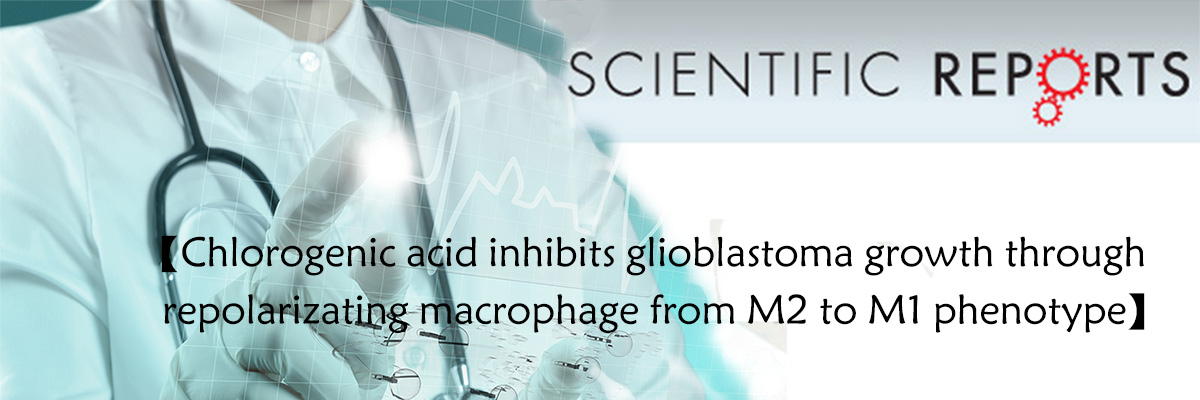Pancreatic ductal adenocarcinoma (PDAC) is known for its resistance to gemcitabine, which acts to inhibit cell growth by termination of DNA replication. Tumor-associated macrophages (TAM) were recently shown to contribute to gemcitabine resistance; however, the exact mechanism of this process is still unclear. Using a genetic mouse model of PDAC and electron microscopy analysis, we show that TAM communicate with the tumor microenvironment via secretion of ~90nm vesicles, which are selectively internalized by cancer cells. Transfection of artificial dsDNA (barcode fragment) to murine peritoneal macrophages and injection to mice bearing PDAC tumors revealed a 4-log higher concentration of the barcode fragment in primary tumors and in liver metastasis than in normal tissue. These macrophage-derived-exosomes (MDE) significantly decreased the sensitivity of PDAC cells to gemcitabine, in-vitro and in-vivo. This effect was mediated by the transfer of miR-365 in MDE. miR-365 impaired activation of gemcitabine by upregulation of the tri-phospho-nucleotide pool in cancer cells and the induction of the enzyme cytidine deaminase; the latter inactivates gemcitabine. Adoptive transfer of miR-365 in TAM induced gemcitabine resistance in PDAC-bearing mice, while immune transfer of the miR-365 antagonist recovered the sensitivity to gemcitabine. Mice deficient of Rab27 a/b genes, which lack exosomal secretion, responded significantly better to gemcitabine than did wildtype. These results identify MDE as key regulators of gemcitabine resistance in PDAC, and demonstrate that blocking miR-365 can potentiate gemcitabine response.
Received January 13, 2018.
Revision received May 17, 2018.
Accepted July 13, 2018.
Copyright ©2018, American Association for Cancer Research.







